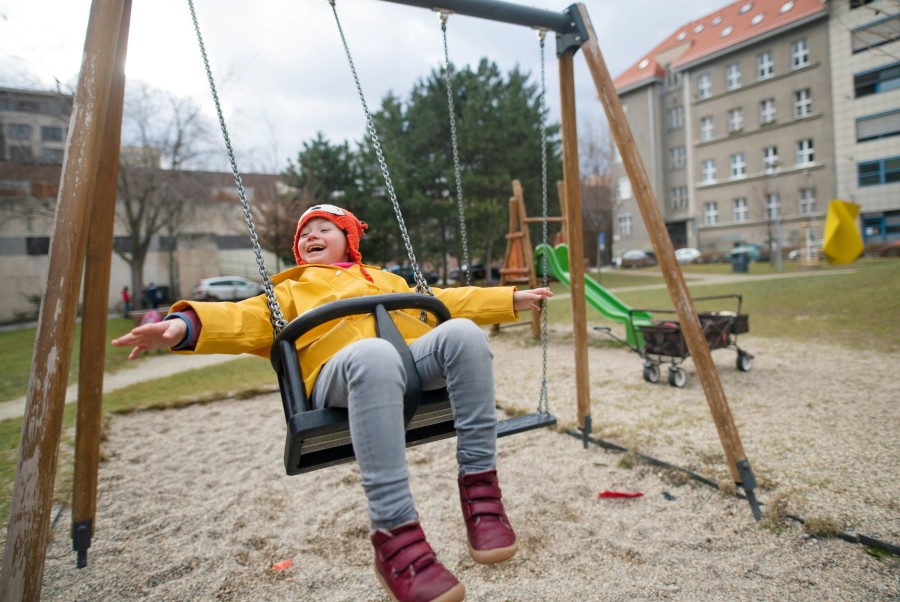
Search
Housing and child development: Trajectories of child wellbeing by tenure type in Aotearoa New Zealand

Published: 2025
Authors: Jaimie Monk, Arthur Grimes
Summary haiku:
Tamariki grow
Wellbeing gaps slowly close
Housing, flourishing
This study shows starting life in public housing can set children up for a brighter future.
The study followed nearly 6,000 children from birth to age 12 and found while children in public housing had more behavioural challenges at age two, those challenges eased more quickly than for their peers in other housing. By age nine, their behaviour matched others — and by age 12, their overall wellbeing was just as strong, if not stronger.
The study used data from the Growing Up in New Zealand study and focused on how housing type at birth affects children’s wellbeing over time. It also looked at key factors linked to positive outcomes — including strong relationships with whānau and teachers, not being bullied, and time spent outdoors.
Frequent house moves were linked to slightly lower wellbeing, but the impact was small when other factors were considered.
The findings highlight the importance of giving families stable, healthy housing early — and ensuring young children get the support they need in the preschool years.
Citation
Monk, Jaimie and Arthur Grimes. 2025. “Housing and child development: Trajectories of child wellbeing by tenure type in Aotearoa New Zealand.” Motu Working Paper 25-05. Motu Economic and Public Policy Research. Wellington, New Zealand.
Funders
Ministry of Business, Innovation and Employment


Level 1, 97 Cuba Street, PO Box 24390
Wellington 6142, Aotearoa New Zealand
Media enquires: 021 837 966
Phone: 04 939 4250
 Back to main menu
Back to main menu
